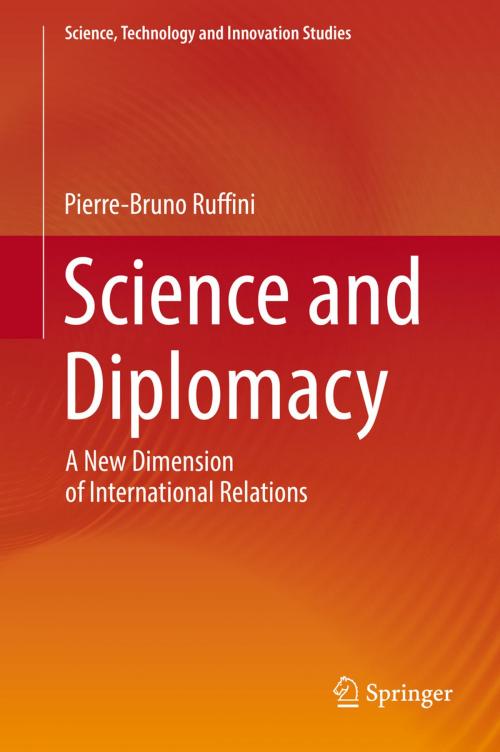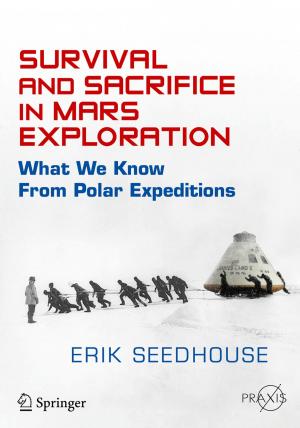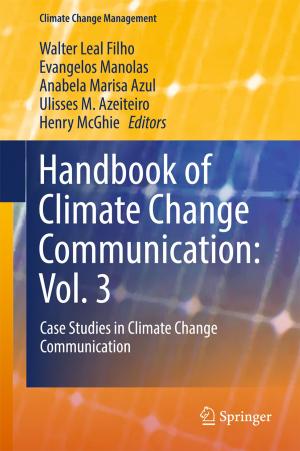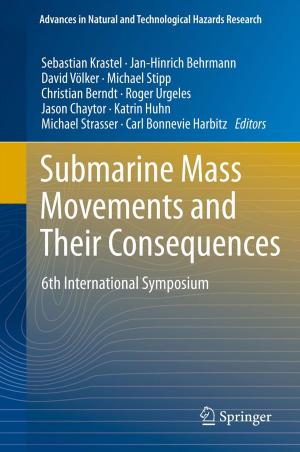Science and Diplomacy
A New Dimension of International Relations
Nonfiction, Social & Cultural Studies, Political Science, International, International Relations, Science & Nature, Science| Author: | Pierre-Bruno Ruffini | ISBN: | 9783319551043 |
| Publisher: | Springer International Publishing | Publication: | May 7, 2017 |
| Imprint: | Springer | Language: | English |
| Author: | Pierre-Bruno Ruffini |
| ISBN: | 9783319551043 |
| Publisher: | Springer International Publishing |
| Publication: | May 7, 2017 |
| Imprint: | Springer |
| Language: | English |
This book examines in depth science diplomacy, a particular field of international relations, in which the interests of science and those of foreign policy intersect. Building on a wealth of examples drawn from history and contemporary international relations, it analyzes and discusses the links between the world of scientists and that of diplomats.
Written by a professor of economics and former Embassy counselor for science and technology, the book sets out to answer the following questions: Can science issues affect diplomatic relations between countries? Is international scientific cooperation a factor for peace? Are researchers good ambassadors for their countries? Is scientific influence a particular form of cultural influence on the world stage? Do diplomats really listen to what experts say when negotiating on the future of the planet? Is the independence of the scientist threatened by science diplomacy? What is a scientific attaché for?
This book examines in depth science diplomacy, a particular field of international relations, in which the interests of science and those of foreign policy intersect. Building on a wealth of examples drawn from history and contemporary international relations, it analyzes and discusses the links between the world of scientists and that of diplomats.
Written by a professor of economics and former Embassy counselor for science and technology, the book sets out to answer the following questions: Can science issues affect diplomatic relations between countries? Is international scientific cooperation a factor for peace? Are researchers good ambassadors for their countries? Is scientific influence a particular form of cultural influence on the world stage? Do diplomats really listen to what experts say when negotiating on the future of the planet? Is the independence of the scientist threatened by science diplomacy? What is a scientific attaché for?















